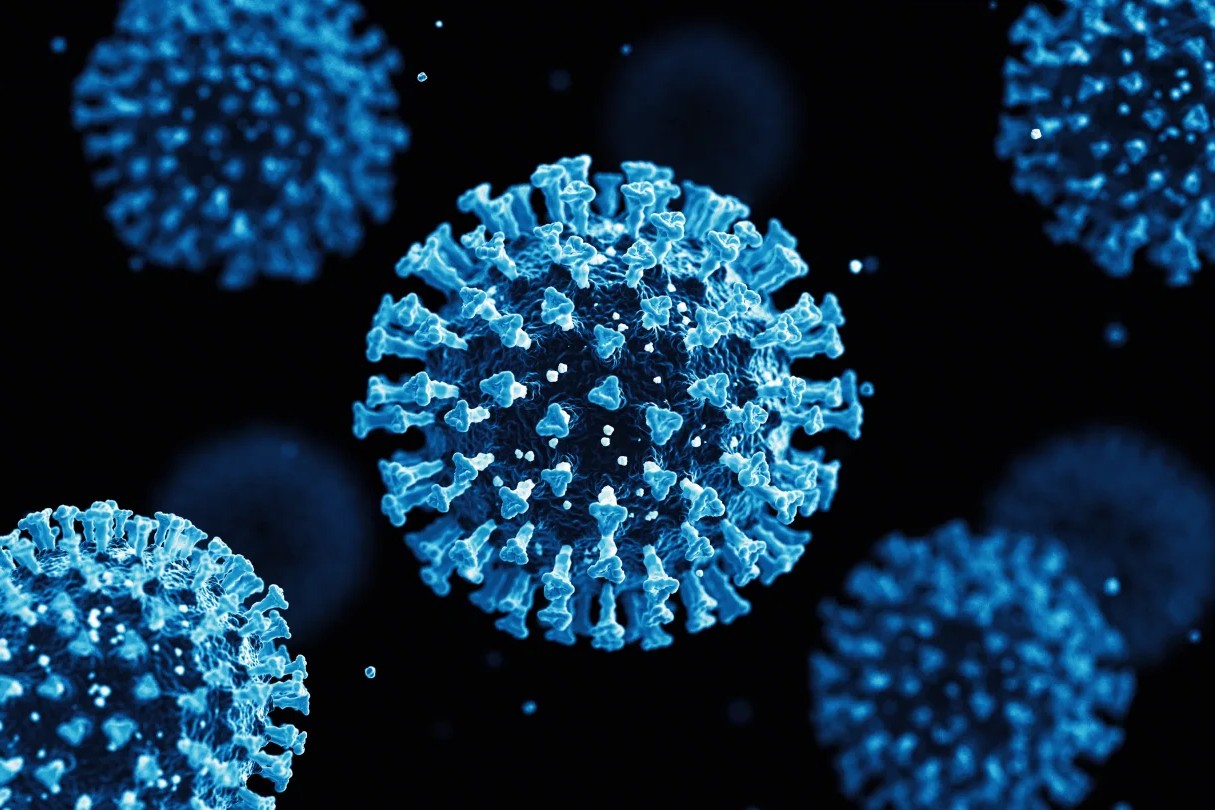
What are the new COVID-19 variants, and why should you care? The new COVID-19 variants are mutations of the original virus that can spread more easily, cause more severe illness, or evade immunity from vaccines or previous infections. Understanding these variants is crucial because they can impact the effectiveness of current vaccines and treatments, influence public health guidelines, and affect daily life. Staying informed about these changes helps you make better decisions to protect yourself and your community. In this article, we'll explore 18 key facts about these variants, shedding light on their origins, characteristics, and implications for the future.
What Are COVID-19 Variants?
COVID-19 variants are mutations of the original virus. These changes can affect how the virus spreads, its severity, and how it responds to vaccines and treatments. Understanding these variants is crucial for managing the pandemic.
-
Variants arise when the virus replicates. Each time the virus copies itself, small errors can occur, leading to new variants.
-
Some variants spread more easily. Certain mutations can make the virus more transmissible, increasing the number of infections.
-
Variants can affect vaccine effectiveness. Some changes in the virus may reduce how well vaccines work, though most vaccines still provide significant protection.
Notable COVID-19 Variants
Several variants have gained attention due to their impact on public health. These are often named after the places where they were first identified.
-
Alpha variant was first identified in the UK. This variant spread rapidly and was more transmissible than the original virus.
-
Beta variant emerged in South Africa. Known for its ability to partially evade immune responses, it raised concerns about vaccine effectiveness.
-
Gamma variant was detected in Brazil. This variant also showed increased transmissibility and potential resistance to antibodies.
-
Delta variant became dominant worldwide. Originating in India, it spread quickly and caused more severe illness in some cases.
How Variants Are Monitored
Scientists and health organizations track variants to understand their spread and impact. This helps in making informed decisions about public health measures.
-
Genomic sequencing identifies variants. By analyzing the virus's genetic material, researchers can detect mutations and track their spread.
-
WHO classifies variants into categories. Variants of Interest (VOIs) and Variants of Concern (VOCs) are two main categories used to prioritize monitoring and research.
-
Surveillance systems track variant spread. Countries use various methods to monitor how variants are spreading within their populations.
Impact on Public Health Measures
Variants can influence the strategies used to control the pandemic. Adjustments may be needed in response to new information about how variants behave.
-
Mask mandates may change. Increased transmissibility of certain variants can lead to stricter mask requirements.
-
Travel restrictions can be implemented. To prevent the spread of variants, countries may impose travel bans or quarantine measures.
-
Testing protocols might be updated. Enhanced testing can help detect and isolate cases of new variants more effectively.
Vaccines and Treatments
Vaccines and treatments are crucial tools in the fight against COVID-19. Variants can impact their effectiveness, but ongoing research helps adapt these tools.
-
Booster shots may be necessary. To maintain protection against variants, additional vaccine doses might be recommended.
-
New vaccines are being developed. Scientists are working on vaccines specifically targeting variants to improve effectiveness.
-
Antiviral treatments are evolving. Research continues to find treatments that work against a range of variants.
Future of COVID-19 Variants
The virus will continue to mutate, and new variants will emerge. Ongoing vigilance and adaptation are key to managing the pandemic.
-
Variants will keep emerging. As long as the virus spreads, new mutations will occur, leading to more variants.
-
Global cooperation is essential. Sharing data and resources internationally helps track variants and develop effective responses.
The Ever-Changing Landscape of COVID-19
COVID-19 variants keep evolving, making it crucial to stay informed. These new strains can spread faster, evade immunity, or even cause more severe illness. Vaccines remain our best defense, but booster shots and updated vaccines may be needed to tackle these variants. Keep practicing good hygiene, wearing masks, and social distancing to reduce transmission.
Scientists are working tirelessly to understand these changes and develop effective treatments. Staying updated with reliable sources helps you make informed decisions about your health. Remember, the fight against COVID-19 is a collective effort. By staying vigilant and adaptable, we can navigate these challenges together.
Stay safe, stay informed, and let's continue supporting each other through these uncertain times.
Was this page helpful?
Our commitment to delivering trustworthy and engaging content is at the heart of what we do. Each fact on our site is contributed by real users like you, bringing a wealth of diverse insights and information. To ensure the highest standards of accuracy and reliability, our dedicated editors meticulously review each submission. This process guarantees that the facts we share are not only fascinating but also credible. Trust in our commitment to quality and authenticity as you explore and learn with us.
